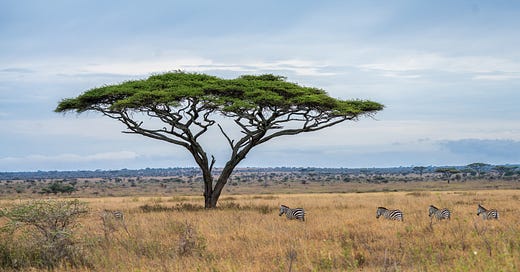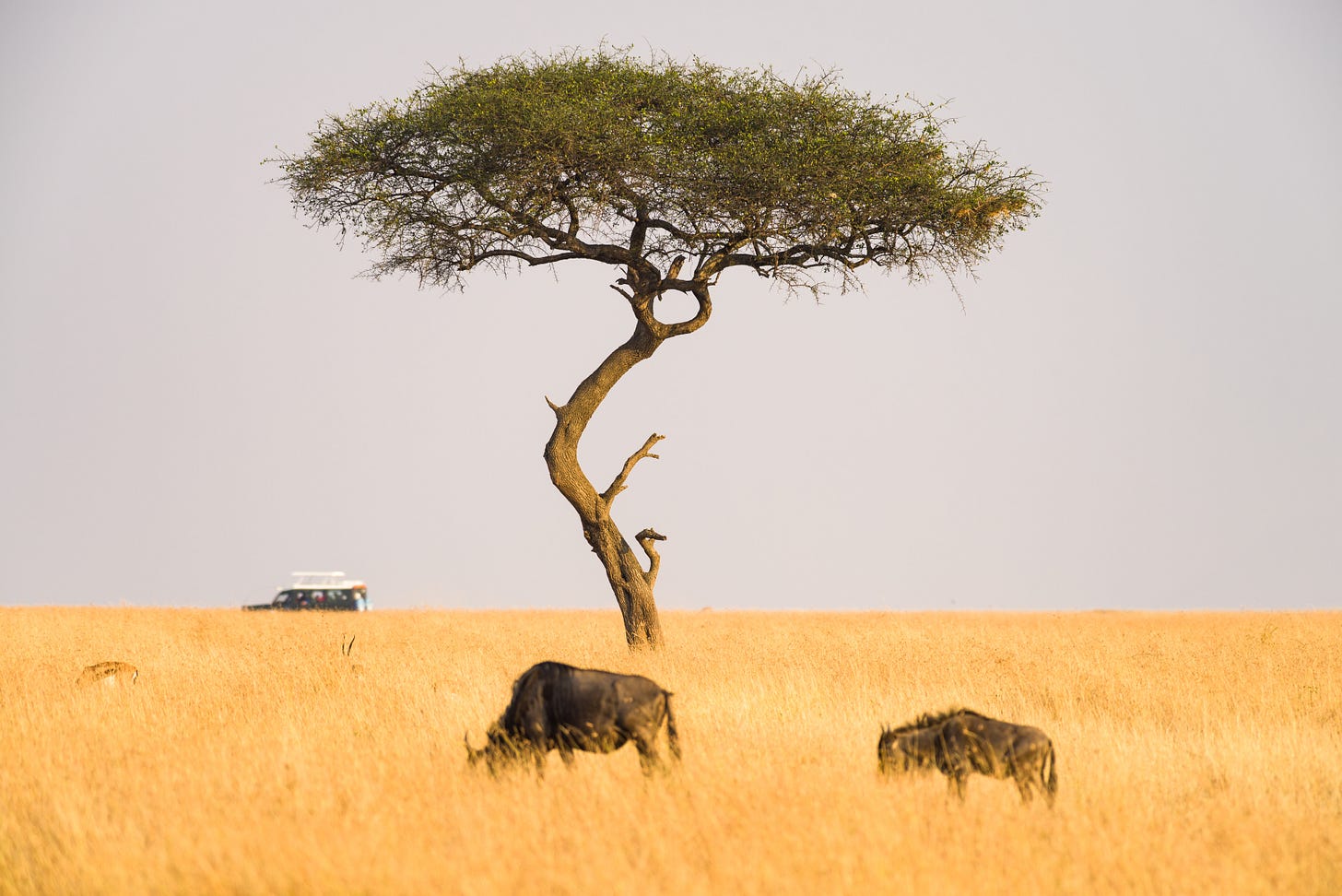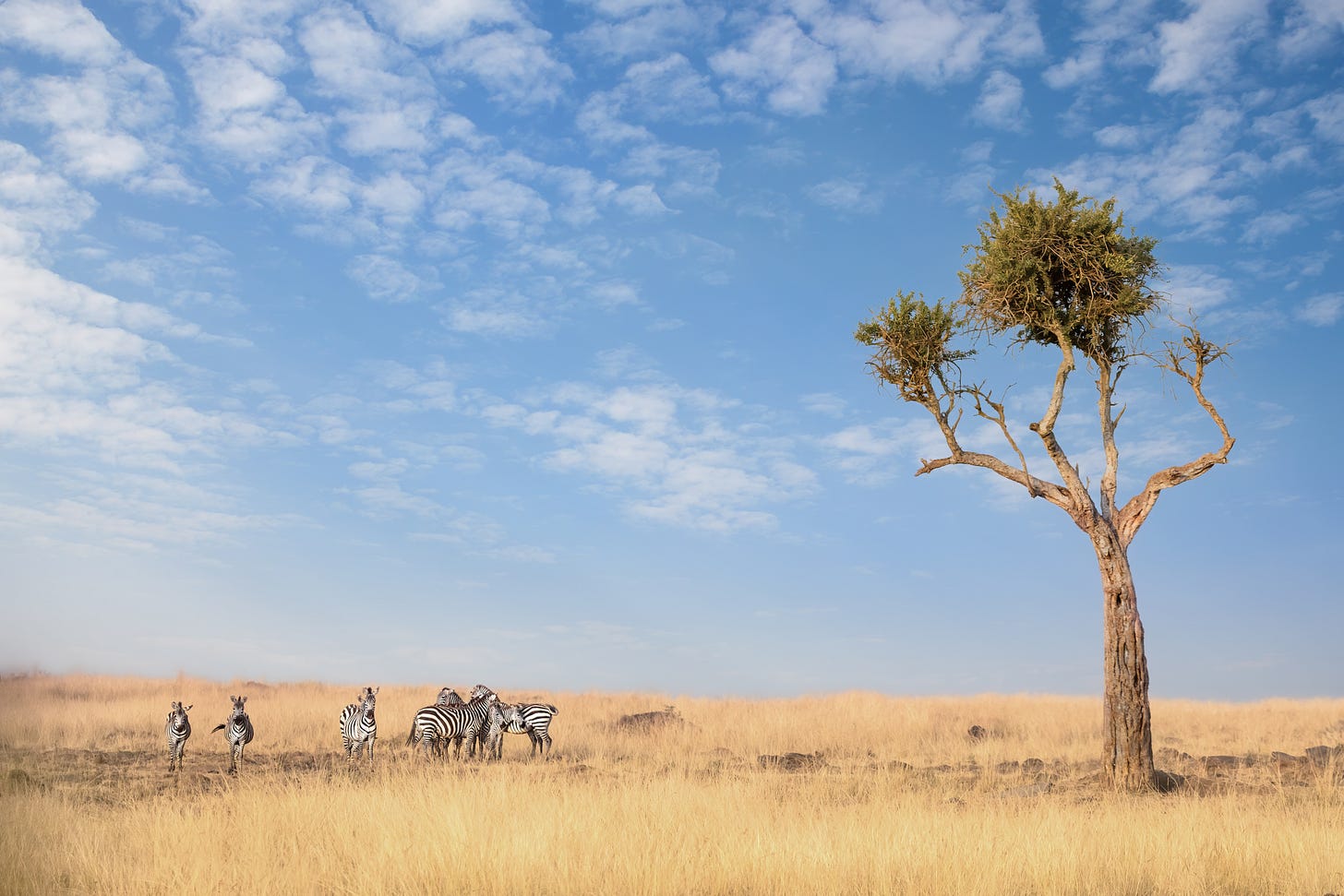Hey guys! Before I get started, I wanted to share information about a new non-profit that wants to hear from you. The goals of Patient Action for Cancer Research are to restore funding for lifesaving cancer research and protect future breakthroughs. They don’t want your money. They just want to hear how cancer research impacted your life.
If you are interested in adding your voice, I encourage you to check out their website and click to share your story. Up to a third of funding for cancer research and services is currently at risk and we know that personal testimonies are powerful tools to drive action. Thanks for considering and, as always, thanks for reading.
The first time I saw a coral reef was in the desert. Our guide swung open an enormous metal door and signaled for us to proceed. The sound of lapping waves and the smell of salty seaweed filled the air. As we ascended up a ramp, an ocean appeared on my right.
I was a freshman in college and, like the other students in my group, had signed up for a summer course at the Biosphere 2 in Oracle, Arizona. Originally conceived as a habitation prototype for colonizing Mars, a university bought the failed experiment to study global warming. The facility was open for tours and hosted educational programs like the one I was attending.
We stopped to take pictures on the “beach” and then ducked through another heavy metal door. Hot dry air smacked us in the face as we stood in this new, barren landscape. A few scraggly acacia trees were scattered among clumps of tall, dry grass.
Why Mars is boring and cancer is not
Reading about boredom among potential Martians reminded me of what I learned during a college internship at Biosphere 2.
Thick ropes secured the trees’ thin trunks to sturdy wooden stakes and their thin branches fell to the ground. “The designers forgot the wind,” our guide explained, “in their native habitat on the African savannah, swaying in the wind hardens the acacia tree trunks so they grow taller and can support the weight of their branches. In here, there is no wind, so the trunks are weak and have to be held up by stakes.”
I learned a lot that summer. About people, about climate change and about the folly of human attempts to control nature. Creating a perfect world is a tricky business.
My thoughts turned to my Biosphere experience when a junior researcher reached out to me recently. In her email, she explained that she had just finished graduate school and had already lost two young friends to cancer. She listened to my podcast and was struggling to find hope. She wrote:
The proposed drastic science funding cuts always frustrate me. I send emails to Congresspeople and will continue my advocacy, but with the current administration, it feels so pointless. Even if we have a more science-friendly Congress in the future, I can't imagine anyone having the political will to double budgets for NIH and NSF. So, what can we do? I try my best to hold onto normalcy in my life, but sometimes it comes crashing back, and I feel my friends' loss as if it were yesterday.
There doesn't really seem to be a point in this message, sorry. I'm just stuck missing my friends and feeling frustrated with the status quo, especially for science funding and the research landscape in the US and I don't know if there's anything to do about it. How do you deal with it?
At first, I wasn’t sure what to write back. I started and deleted several replies. I landed on this:
I’m so glad that you reached out. It seems unfair that you are getting ready to start what I know will be a tremendous scientific career now. I am afraid that I don’t have the answers that you seek. I wish that I knew when things would get better (they will) or how to move on with your life while still honoring your friends (you are). I am not an optimistic person by nature. My husband calls me ‘negative’ but I prefer realistic. I have eyes and ears and see the gleeful cruelty in our political leadership. I also know that although these voices are the loudest right now, they will not always be. The point is to survive until they are gone. And to care deeply for your circle of people while they are in charge.
In response to your email, I wrote the post below. I hope it will help you. I can tell that you are the exact person that will be needed in the future. The time will come, and you will be ready.
As I told this young scientist, some days I feel the same. The hurricane of bad news topples my carefully constructed optimism, and I wonder what it’s all for. I like to think that I am a wild acacia tree, hardened by past experiences and yet flexible enough to weather the current storms. But sometimes I look in the mirror (or scroll through the headlines) and feel that I am more like the acacia trees in the Biosphere, scraggly, weakened and barely hanging on.
Cancer survivor and author April Stearns shared her struggle to remain soft in hard times. In a recent newsletter, April wrote:
“[G]rowing up I hated how easily tears came for me. They were always so close to the surface when I was angry, when I was hurting, when I was scared. I longed for my heart to grow a protective metal covering that would keep the tears locked inside so I could power through. Many, many years later, Brene Brown was the one who taught me that becoming rigid and stiff, while it feels like a protective armor, that shield is actually detrimental. It makes us brittle and breakable.
Staying soft, that's what keeps us strong.”
That is the challenge, isn’t it? Staying soft yet strong. Allowing the wind to strengthen us but staying flexible enough to keep growing towards the sun.
Here’s how I am staying strong and soft right now:
I focus on the people in the ten feet around me. I give extra love to my co-workers who are burned out. I encourage them to leave early.
I buy the ground decaf coffee my mother-in-law likes and invite a new friend to yoga. I tip generously. I tell the truth but hold the meanness back.
I cancelled my Amazon Prime membership, joined a CSA and shop local even if it’s at a chain store.
I uphold my boundaries and encourage others to practice setting theirs with me. I work hard on forgiveness and holding my (absolutely justified!) grievances lightly.
I say “Thank you” out loud. To a stranger who holds the door for me. To God for my beautiful farm. To Todd for a perfect scrambled egg. To a colleague who does the bare minimum.
When I am unkind, I practice self-compassion and try again the next day, and the next, and the next.
This is a continual process. Just when I feel strong, more bad news arrives and I wonder if it will every stop.
A friend and I were commiserating over text message last week. She encouraged me to keep the faith and shared a piece Anne Lamott wrote for the Washington Post. It read in part:
Anyone paying close attention to the news might well ask themselves what on earth there is to celebrate this Fourth of July. But we must celebrate, or they win, in the paranoid sense of “they.” They want the day, but we can’t let them have it. Independence Day is America’s day. Sure, we bleeding-heart nervous cases are teetering on the edge of despair, but that is exactly why I am calling for us to move into a new phase of resistance: hope and joy. In ghastly times, these are subversive.
No, no, come back. Hear me out. Many years ago, writer Caroline Myss traveled to Russia to speak at an international conference on healing, peace, kindness and other themes that caused my aging California hippie heart to soar. As she later told me, every single travel element that could go horribly wrong did — a 24-hour flight delay, interminable layovers, and when she finally got to Moscow, her hotel reservation had fallen through, and she ended up sleeping on a stranger’s floor.
Two days afterward, on a train to the conference, Myss started whining to the elderly man seated next to her, detailing the minutiae of her disastrous travels. He listened compassionately, nodding and sighing with empathy. When she was done, the man was silent for a moment and then introduced himself as someone who worked with the Dalai Lama. He said gently that they both believed that when a lot of difficult and chaotic things were going on all at once, it was to protect something fragile and beautiful that was trying to get itself born.
I love this story because I know my ways, my habit of catastrophic thinking and my tiny, unresolved control issues. Without intervention, I might hover anxiously over some random beautiful thing that was coming into existence, breathe my hot worried breath down its neck and make notations on my clipboard with my always excellent ideas for everyone in the world and all of life.
I believe this is what we are seeing in D.C.: The daily chaos, cruelty and incoherence of the Republican regime sucks all the focus and energy out of the room, while offstage, something amazing is coming together.”
Dear reader, I am sorry for the inexhaustible cruelty. Your pain is the correct response to the current state of the world, but, as the old-timers say, this too shall pass. I know this is true because I have lived in good times and so will you. Until that day, however, we can all try to be less hot, worried breath and more soft strength. Less hardness and more joy. Less rigid and more _______.
I hope that we will live long enough to witness the something amazing that I know is coming together.









Thank you for writing this post. I try to find purpose, hope, and beauty in this world despite the abysmal cruelty wages by the Republicans in Washington DC. please continue writing these posts, offering a glimmer of hope for our future, despite that cruelty.
Bless you! Words of wisdom